Approximately 8.4 percent of American children develop attention deficit/hyperactivity disorder, or ADHD. The fact that only 2.5 percent of adults suffer from the condition suggests many youths outgrow the condition in time. Even so, research hasn’t been able to pinpoint the cause of the condition. It is known that ADHD develops in children aged as young as three and it can be instigated by other mental disorders. New research has found a link between omega-3 and ADHD, suggesting the beneficial fatty acid may help treat children more effectively.
What is ADHD?
 ADHD is marked by an inability to remain focused on a single task for any length of time. Children who suffer from the condition are often seen fidgeting or moving about tirelessly. Whether an adult or child, an individual with ADHD will have difficulty in concentrating on complex tasks. He or she will also be more easily distracted than others in the same age group. Some of the symptoms of ADHD include:
ADHD is marked by an inability to remain focused on a single task for any length of time. Children who suffer from the condition are often seen fidgeting or moving about tirelessly. Whether an adult or child, an individual with ADHD will have difficulty in concentrating on complex tasks. He or she will also be more easily distracted than others in the same age group. Some of the symptoms of ADHD include:
- inability to pay close attention to assigned tasks
- frequent mistakes that seem to be caused by carelessness
- failing to listen to others
- poor organizational and time management skills
- failing to fulfill obligations
- always active, or consistently moving about
- running and engaged in horseplay at inappropriate times
- habitually interrupting conversations
Diagnosing Treating ADHD
While there isn’t a specific test that’s designed to diagnose ADHD, doctors can determine whether an individual suffers from this condition by ruling other problems out. This process usually begins with conducting vision and hearing tests. The diagnosing physician will also try to rule out other conditions, including depression, anxiety, sleep disorders and learning disabilities. The doctor will look at a list of criteria for establishing ADHD and for determining the severity of the condition. This will involve asking the individual and the parents about past behavioral problems.
While there is currently no cure for ADHD, there are a number of treatments that are effective. Primarily, the individual will attend behavioral therapy sessions that are designed to teach them social skills and learning techniques. Stimulants may also be prescribed, because these medications can enhance attention and comprehension. Additionally, parents, teachers and school counselors will often be provided with educational materials to give them a better understanding of the challenges a child with ADHD faces.
New Research Links Omega-3 and ADHD
According to a new study that links omega-3 and ADHD, there may be a more natural way to improve attention in children with ADHD. The joint study was conducted by researchers at King’s College London and China Medical University in Taiwan. It focused on studying the effects omega-3 fatty acids found in fish may have on children suffering from ADHD. The researchers recruited 92 subjects for the study, aged six to 18 and all suffering from ADHD.
The participants in the study were divided into two groups for the 12-week study. During that time frame, the subjects in one group received regular, high doses of omega-3 supplements. The youths in the second group were given a placebo. Those children receiving the omega-3 supplement showed improved attention and vigilance once the omega-3 levels in their blood increased. However, the research also found that too much omega-3 in the blood caused more severe instances of impulsive behavior. This suggests that the best use of the data would be in closely monitoring an ADHD child’s omega-3 intake to ensure they receive a moderate level of the fatty acid.
Fatty acids are important in that they serve a number of functions in the body. They help create cell membranes, produce eicosanoids (signaling molecules) and help the body produce more energy. People with a deficiency of omega-3 fatty acids are at a greater risk of developing ADHD, so these levels should be monitored in children who seem to be hyperactive.
What is Omega-3 and How Can You Add it to Your Diet?
Omega-3 fatty acids are most commonly found in fish oils, along with vitamins A and D. Although research on the benefits of omega-3 is varied, it has been commonly found that it does help to improve heart health. The two most common forms of omega-3 are eicosapentaenoic acid (EPA) and docosahexaenoic acid (DHA). EPA is common in fish because it’s derived from the algae that makes up their diets. This particular type of omega-3 is beneficial in creating the compounds necessary to combat inflammation and unwanted blood clotting. DHA helps promote healthy sperm production, while also benefiting the retina of the eye. It also helps protect the cerebral cortex.
Some medical conditions that omega-3 fatty acids may benefit include:
- multiple sclerosis
- prostate cancer
- post-partum depression
- heart health
- Alzheimer’s disease
- healthy vision
- epilepsy
- fetal growth
Natural Sources of Omega-3 Fatty Acids
 The best source of omega-3 fatty acids are oily, wild-caught fish, particularly white fish. Just a few of the fish that are high in omega-3 content include salmon, trout, anchovies, sardines, mackerel and herring.
The best source of omega-3 fatty acids are oily, wild-caught fish, particularly white fish. Just a few of the fish that are high in omega-3 content include salmon, trout, anchovies, sardines, mackerel and herring.
Here are more ways to add omega-3 to your diet:
Dietary Supplements
If you’re concerned that you’re not getting enough omega-3’s through your dietary choices, you can take a high-quality supplement. This can ensure you’re getting access to omega-3’s even on days when you may not eat fish.
Eggs
While all eggs do contain omega-3 to some degree, certain types of eggs have a larger content of this fatty acid than others. Usually, those with higher omega-3 content will say so on the packaging, or it will be written directly on the shell.
Vegan-Friendly Choices
While fish and eggs are the top choices, vegans can get this beneficial compound without violating their dietary choices. Some vegetable-based options include flax seed, hemp seed, walnuts, chia seeds, fresh basil and spinach.
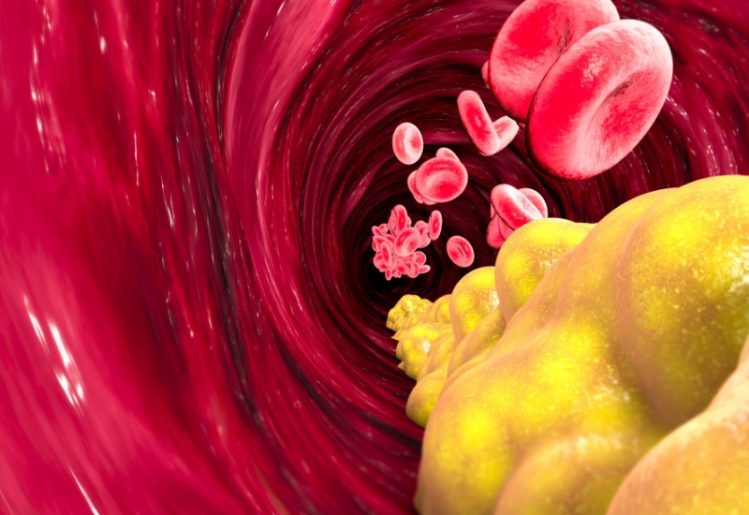 The new fish oil drug, called Vascepa, contains a potent omega-3 fatty acid called eicosapentaenoic acid (EPA). While this compound is naturally found in fish oil, the FDA advises that for maximum effectiveness it should only be prescribed to patients with exceptionally high triglyceride levels and that it should be used along with other treatments designed to lower the risk of a cardiovascular event. Additionally, it is cautioned that patients keep a close eye on their cholesterol levels while taking Vascepa.
The new fish oil drug, called Vascepa, contains a potent omega-3 fatty acid called eicosapentaenoic acid (EPA). While this compound is naturally found in fish oil, the FDA advises that for maximum effectiveness it should only be prescribed to patients with exceptionally high triglyceride levels and that it should be used along with other treatments designed to lower the risk of a cardiovascular event. Additionally, it is cautioned that patients keep a close eye on their cholesterol levels while taking Vascepa. There are a number of cognitive and emotional health benefits that can come from an increased intake of omega-3 fatty acids. A study involving children found that consuming more fish per week improved behavioral problems associated with ADHD. In a separate research project, it was found that memory recall was improved in young adults, although the researchers could not verify that the omega-3 exposure would help prevent cognitive decline in later years. Regular consumption of omega-3-rich foods may also reduce the risks of developing Alzheimer’s disease, lower the frequency of epileptic seizures, prevent age-related vision loss and may reduce the risk of psychosis.
There are a number of cognitive and emotional health benefits that can come from an increased intake of omega-3 fatty acids. A study involving children found that consuming more fish per week improved behavioral problems associated with ADHD. In a separate research project, it was found that memory recall was improved in young adults, although the researchers could not verify that the omega-3 exposure would help prevent cognitive decline in later years. Regular consumption of omega-3-rich foods may also reduce the risks of developing Alzheimer’s disease, lower the frequency of epileptic seizures, prevent age-related vision loss and may reduce the risk of psychosis.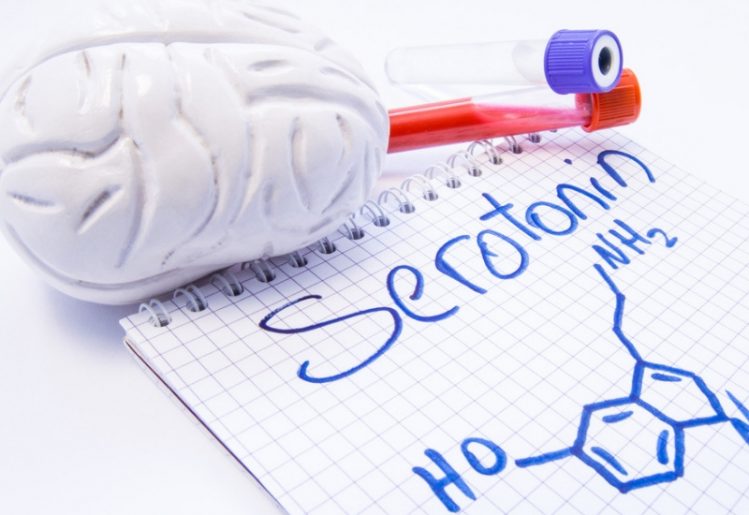 Because tryptophan is found in a number of foods we eat all year long, it can’t be said that eating turkey is any more likely to cause sleepiness than eating other foods. On holidays like Thanksgiving, in all likelihood it’s the high amount of fats, sugar and carbs in the meal that are zapping your energy — not the turkey. Even so, the tryptophan in turkey does play an important role in human health, and eating turkey on Thanksgiving can benefit you in a few different ways.
Because tryptophan is found in a number of foods we eat all year long, it can’t be said that eating turkey is any more likely to cause sleepiness than eating other foods. On holidays like Thanksgiving, in all likelihood it’s the high amount of fats, sugar and carbs in the meal that are zapping your energy — not the turkey. Even so, the tryptophan in turkey does play an important role in human health, and eating turkey on Thanksgiving can benefit you in a few different ways.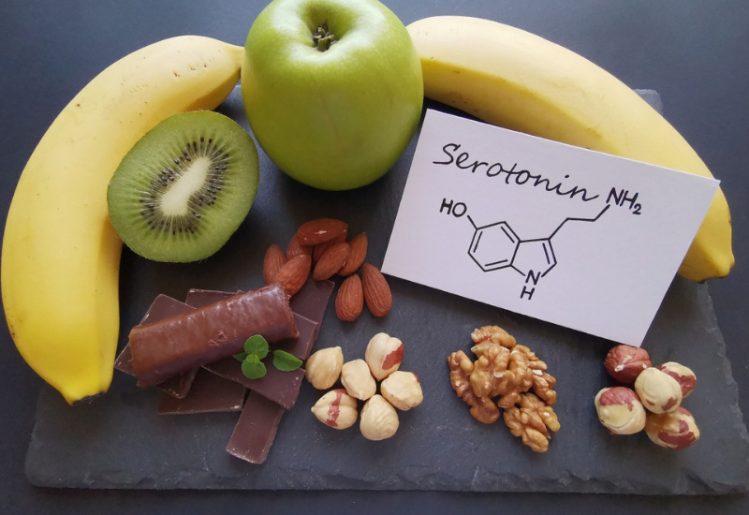 While there are many more natural foods that provide serotonin, eating these foods actually won’t increase serotonin levels in your brain. This is because serotonin is unable to cross the blood-brain barrier once ingested, so it will never make it to the parts of the brain that need the hormone. The truth about tryptophan is that it’s vital for the production of serotonin, since it is able to cross the blood-brain barrier. Once there, it begins contributing to the production of serotonin. Therefore, to ensure adequate serotonin levels in the brain, it’s necessary to eat foods that are rich in tryptophan, such as most types of meat.
While there are many more natural foods that provide serotonin, eating these foods actually won’t increase serotonin levels in your brain. This is because serotonin is unable to cross the blood-brain barrier once ingested, so it will never make it to the parts of the brain that need the hormone. The truth about tryptophan is that it’s vital for the production of serotonin, since it is able to cross the blood-brain barrier. Once there, it begins contributing to the production of serotonin. Therefore, to ensure adequate serotonin levels in the brain, it’s necessary to eat foods that are rich in tryptophan, such as most types of meat. Each person’s bodily functions are controlled by a biological clock called the circadian rhythm, which mandates how the brain regulates certain processes. In part, this means that certain nutrients are more important to the body at specific times of the day, and that
Each person’s bodily functions are controlled by a biological clock called the circadian rhythm, which mandates how the brain regulates certain processes. In part, this means that certain nutrients are more important to the body at specific times of the day, and that 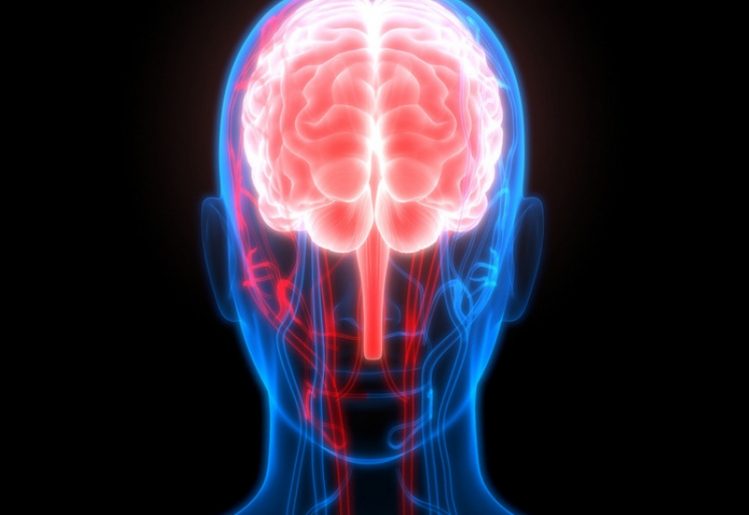 Specifically, vitamins B1 and B2 are essential to the functioning of cells in the brain because they support oxygen-rich blood circulation to the brain. They also help improve overall cell functioning, which is important for protecting memory and concentration.
Specifically, vitamins B1 and B2 are essential to the functioning of cells in the brain because they support oxygen-rich blood circulation to the brain. They also help improve overall cell functioning, which is important for protecting memory and concentration. It is almost impossible to read the latest health news without learning about the benefits of omega-3 fatty acids. These oils, which are found naturally in fish, flaxseed and a variety of other sources, have been found in studies to have
It is almost impossible to read the latest health news without learning about the benefits of omega-3 fatty acids. These oils, which are found naturally in fish, flaxseed and a variety of other sources, have been found in studies to have  An omega-3 fatty acid supplement is not right for everyone; there are certain people who should talk to their doctor about whether this oily pill should have a permanent place in their medicine cabinet. If you do not regularly eat fatty fish or high omega-3 plant oils, you may want to consider taking a supplement. This essential fatty acid is simply too essential to completely do without.
An omega-3 fatty acid supplement is not right for everyone; there are certain people who should talk to their doctor about whether this oily pill should have a permanent place in their medicine cabinet. If you do not regularly eat fatty fish or high omega-3 plant oils, you may want to consider taking a supplement. This essential fatty acid is simply too essential to completely do without.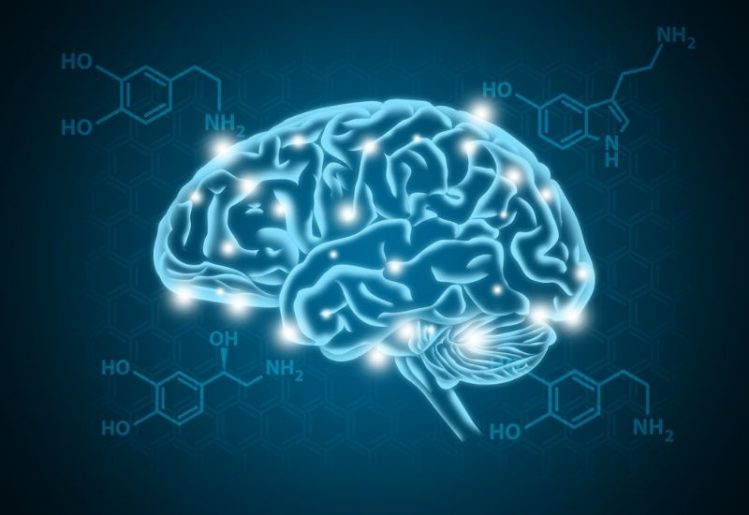 Serotonin is a well-known hormone that has become famous for its role in happiness and feelings of well-being. Scientifically known as 5-HT, this biochemical also has
Serotonin is a well-known hormone that has become famous for its role in happiness and feelings of well-being. Scientifically known as 5-HT, this biochemical also has  If a deficiency of serotonin is the cause of certain types of pain, then supplementing this hormone appears to be an easy answer. However, serotonin has special qualities that make effective supplementation a challenge. Serotonin is a large molecule that cannot cross the blood-brain barrier, which means that it can be difficult to increase levels of this hormone in the area where it matters most. Several studies suggest that a common antidepressant medication class called selective serotonin reuptake inhibitors, or SSRIs, may help with pain by reducing the breakdown of this hormone. However, these drugs can have side effects and interactions that are a significant drawback.
If a deficiency of serotonin is the cause of certain types of pain, then supplementing this hormone appears to be an easy answer. However, serotonin has special qualities that make effective supplementation a challenge. Serotonin is a large molecule that cannot cross the blood-brain barrier, which means that it can be difficult to increase levels of this hormone in the area where it matters most. Several studies suggest that a common antidepressant medication class called selective serotonin reuptake inhibitors, or SSRIs, may help with pain by reducing the breakdown of this hormone. However, these drugs can have side effects and interactions that are a significant drawback.